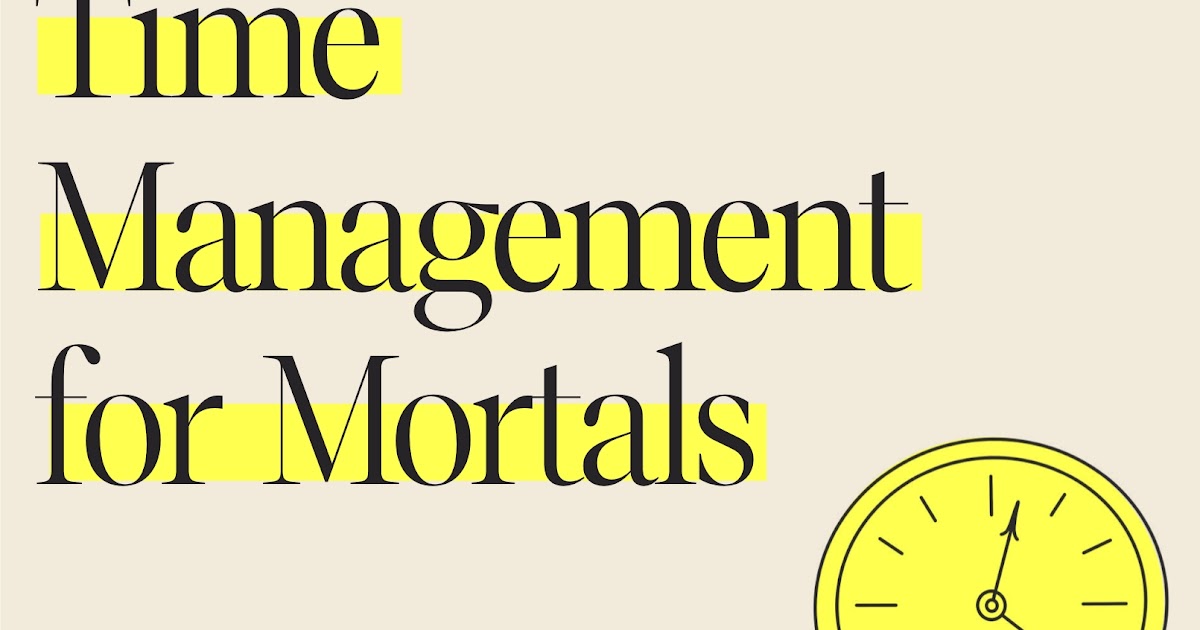Oliver Burkeman. Four Thousand Weeks: Time Management for Mortals. New York: Farrar, Straus and Giroux, 2021. 288 pp, $27.00.
St. Augustine taught that the fundamental condition of human beings is ignorance and difficulty. This truth can seem outdated in the age of the internet and the supermarket, an age of unprecedented knowledge and convenience. Yet, for all our progress, the uncertainty of the future and our shortcomings in the present continue to frustrate us.
Login to read more
Sign in or create a free account to access Subscriber-only content.
Topics:
